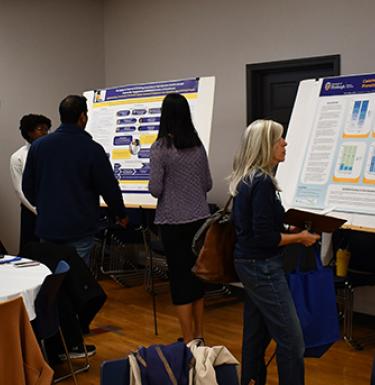
Brunick and Soni 2025–26 TIPH Ambassadors
Two Pitt Public Health graduate students, McKenna Brunick and Maahi Soni, have been selected as This is Public Health (TIPH) ambassadors for the 2025–26 academic year.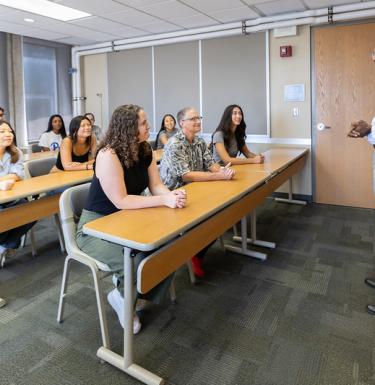
New Pitt classes and programs launch in fall 2025
Pitt Public Health is offering new courses for fall 2025, including a Disaster Preparedness Certificate and a course in AI in Health Data Science, as well as training opportunities through the Center of Excellence in Maternal and Child Health.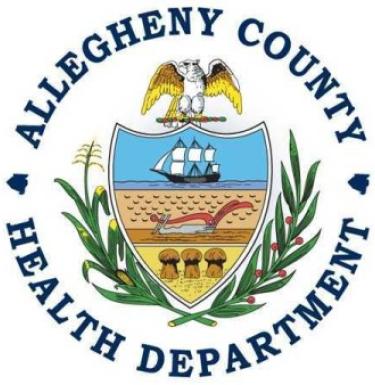
Public Health in Action: The Pittsburgh Summer Institute
Nine Pitt Public Health students participated in the 2025 Pittsburgh Summer Institute (PSI), a long-standing partnership between the school and the Allegheny County Health Department. Now in its 14th year, PSI offers a 200-hour practicum that blends the structure of a traditional internship with hands-on workforce development. The students presented their projects at a final showcase at the school on July 23.
Pitt researchers discover distinct Alzheimer’s pathways in Down Syndrome
By analyzing genetic samples collected by the Alzheimer’s Biomarker Consortium–Down Syndrome, a team of researchers led by Ilyas Kamboh, a professor of human genetics and epidemiology at Pitt’s School of Public Health, discovered several distinct gene regions associated with adverse levels of amyloid and clumping-prone tau in the blood.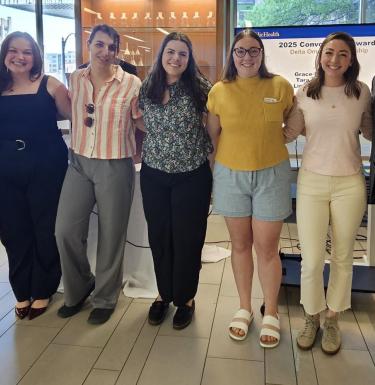
Celebration of Human Genetics Student Awards 2025
Congratulations to this year's winners!
Tales from the bench
From the academy to industry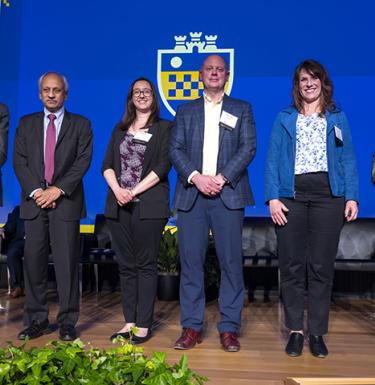
Health Sciences award recipients at Faculty Honors Convocation
On April 3, five Pitt Public Health faculty members were celebrated at Pitt’s Faculty Honors Convocation for their outstanding achievements.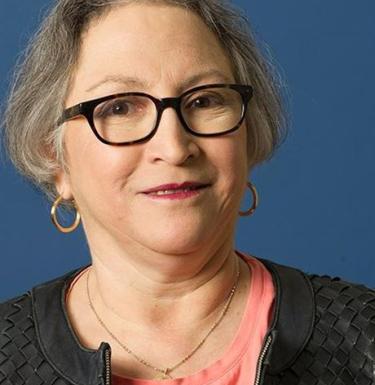
Susanne M. Gollin, Hillman Cancer Center researcher, dies at 71
A clinical cytogeneticist, student mentor and professor emerita of human genetics at the University of Pittsburgh School of Public Health, Susanne M. Gollin pioneered major advances in cancers of the head and neck.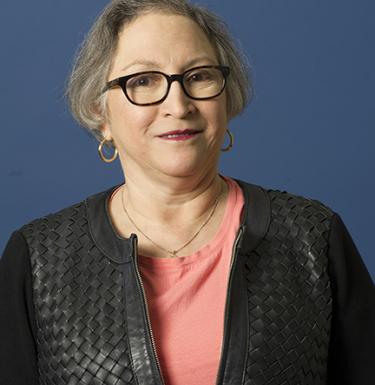
In memoriam: Susanne M. Gollin, PhD
A respected cytogeneticist and teacher, Susanne Gollin was professor emerita of human genetics and one of the first faculty members to join what is now the UPMC Hillman Cancer Center.
Gene ‘silencer’ in junk DNA prevents fatal neurological disease
“The function of gene silencers is only now being understood and, in this case, it is allowing us to tell some patients who previously would have been given a fatal prognosis that they will not die of a cruel and debilitating disease,” said senior author Dr. Quasar Padiath, professor and chair of the Department of Human Genetics.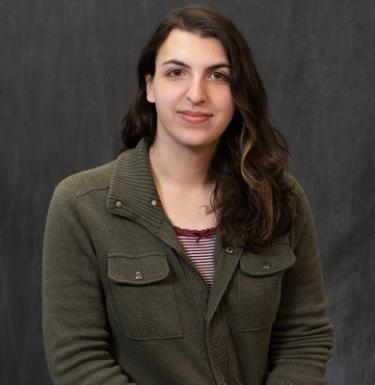
Student Spotlight: Eli Harter
Talking to Public Health Genetics MPH student Eli (Eh-lee) Harter is an engaging experience—be ready to think deeply and take notes. Harter’s perspective is both insightful and thought-provoking, shaped by a diverse research background in genetics and applied sciences.
Public Health and Engineering team up on five research projects
Pitt’s School of Public Health, Swanson School of Engineering, and Clinical and Translational Science Institute have joined up to award $450,000 to five transdisciplinary pilot investigations focused on precision public health, a field that uses data science to develop targeted interventions by person, place and time.
Human Genetics student earns American Heart Association Fellowship
Afshin Bahramy, a pre-doctoral student in the Department of Human Genetics at the School of Public Health, has been awarded the American Heart Association (AHA) Pre-doctoral Fellowship for his groundbreaking research on hippocampal sclerosis (HS).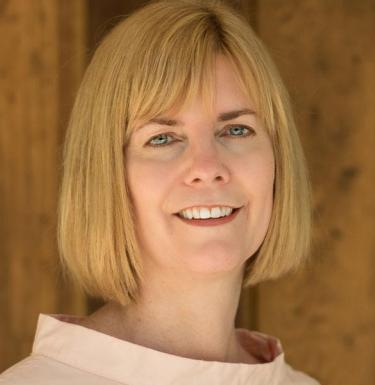
Grubs received Pitt Public Health Alumni Award for Teaching and Dissemination
Robin E. Grubs, MS, PhD, LCGC, class of 2002, received the Alumni Award for Teaching and Dissemination. Grubs is an associate professor of human genetics at Pitt Public Health.
